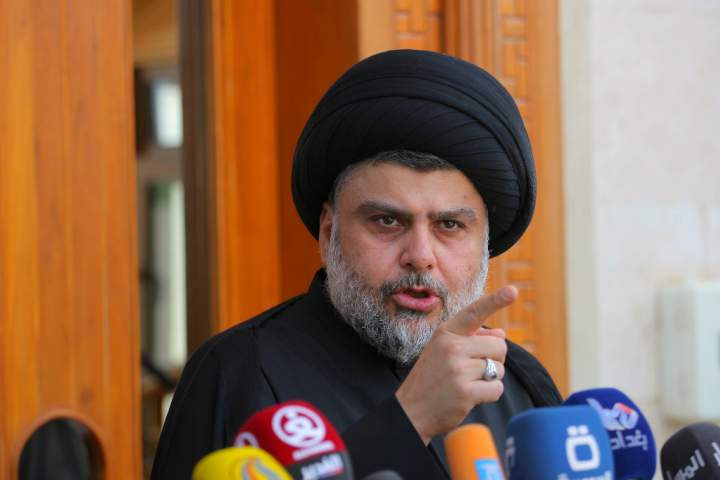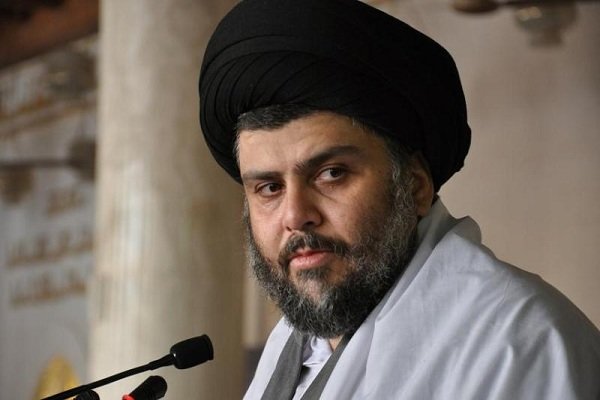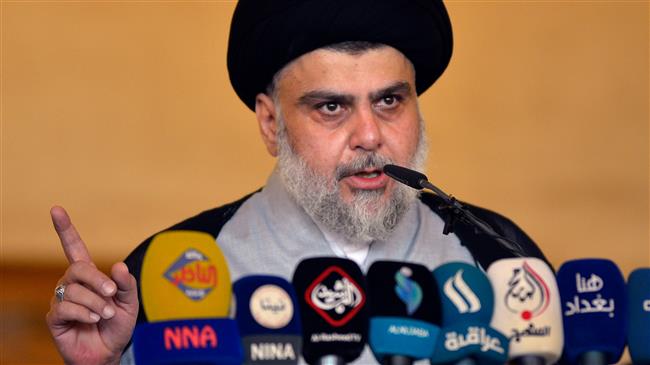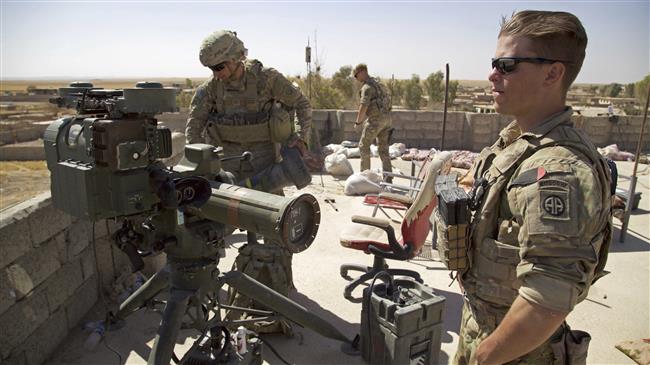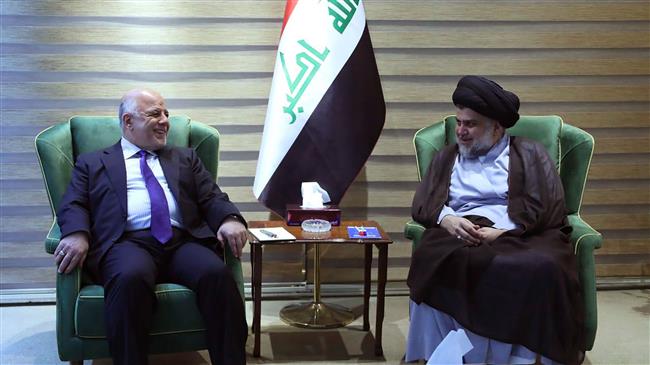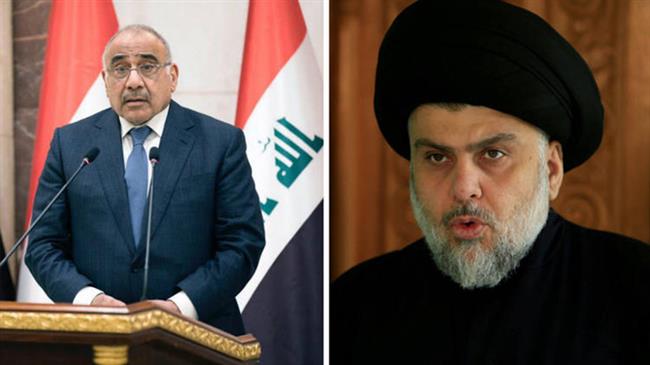Iraq’s two leading Shia parliamentary coalitions of Sairoon (Marching Towards Reform) and al-Fatah (Conquest) have renewed their calls for the withdrawal of American forces from the Arab country.
Publish dateWednesday 13 February 2019 - 09:26
Story Code : 179603
AVA- On Monday, a delegation from Sairoon bloc, led by Shia cleric Muqtada al-Sadr, held talks with members of Fatah alliance, headed by secretary general of the Badr Organization, Hadi al-Ameri.
At a press conference following the meeting, Nasser al-Rabie, the head of the Sairoon delegation, stressed that the two political parties shared a common stance on the pullout of foreign troops from Iraqi territory.
Ameri, for his part, said that continued presence of American forces in Iraq was not possible in the current form and had to be reorganized under a new agreement.
The Americans, he added, were driven out of Iraq in 2011, but they once again entered the country in 2014 under the pretext of fighting the Daesh terrorist group.
The two political alliances had a few days ago expressed their objection to the US military presence in Iraq.
Calls have grown in Iraq for the US exit since last December, when President Donald Trump made an unannounced visit to al-Asad Air Base in the western Anbar Province.
The trip sparked a wave of condemnations from Iraqi political leaders, with some of them demanding the swift expulsion of American forces.
Recently, Trump ordered to withdraw all American troops from Syria and half of them from Afghanistan, but said he had no similar plans for Iraq.
The US, backed by the UK, invaded Iraq in 2003 claiming that the former regime of Saddam Hussein possessed weapons of mass destruction.
No such weapons, however, were ever found, and the invaders withdrew from Iraq, after nearly nine years of a military campaign that cost tens of thousands of Iraqi lives.
Leading a new coalition of its allies, the US returned to Iraq in 2014, when the Takfiri Daesh terror group unleashed a campaign of destruction in the Arab country. Widespread reports, however, said the Washington-led operations largely spared the terrorists and led, instead, to civilian deaths and inflicted damage on Iraqi infrastructure.
Iraq’s armed forces, backed by mainly Shia volunteer forces, managed to liberate all Daesh-held areas thanks to military advisory assistance from neighboring Iran.
Baghdad declared the end of the anti-Daesh campaign in late 2017.
At a press conference following the meeting, Nasser al-Rabie, the head of the Sairoon delegation, stressed that the two political parties shared a common stance on the pullout of foreign troops from Iraqi territory.
Ameri, for his part, said that continued presence of American forces in Iraq was not possible in the current form and had to be reorganized under a new agreement.
The Americans, he added, were driven out of Iraq in 2011, but they once again entered the country in 2014 under the pretext of fighting the Daesh terrorist group.
The two political alliances had a few days ago expressed their objection to the US military presence in Iraq.
Calls have grown in Iraq for the US exit since last December, when President Donald Trump made an unannounced visit to al-Asad Air Base in the western Anbar Province.
The trip sparked a wave of condemnations from Iraqi political leaders, with some of them demanding the swift expulsion of American forces.
Recently, Trump ordered to withdraw all American troops from Syria and half of them from Afghanistan, but said he had no similar plans for Iraq.
The US, backed by the UK, invaded Iraq in 2003 claiming that the former regime of Saddam Hussein possessed weapons of mass destruction.
No such weapons, however, were ever found, and the invaders withdrew from Iraq, after nearly nine years of a military campaign that cost tens of thousands of Iraqi lives.
Leading a new coalition of its allies, the US returned to Iraq in 2014, when the Takfiri Daesh terror group unleashed a campaign of destruction in the Arab country. Widespread reports, however, said the Washington-led operations largely spared the terrorists and led, instead, to civilian deaths and inflicted damage on Iraqi infrastructure.
Iraq’s armed forces, backed by mainly Shia volunteer forces, managed to liberate all Daesh-held areas thanks to military advisory assistance from neighboring Iran.
Baghdad declared the end of the anti-Daesh campaign in late 2017.
avapress.net/vdcfx1dymw6deva.r7iw.html
Tags
Top hits
